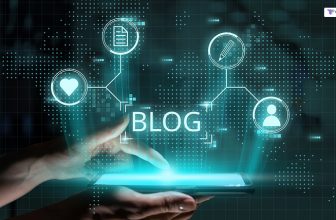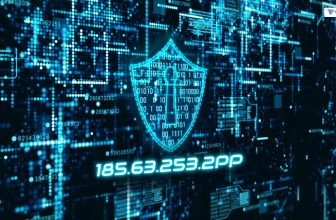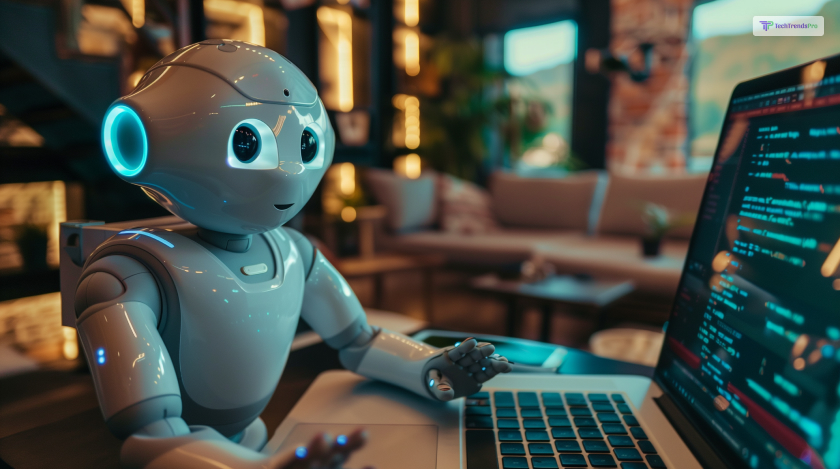
Artificial intelligence (AI) is one of the most disruptive and transformative technologies of our time. It has the potential to revolutionize various industries and domains, from healthcare to education, from finance to entertainment, and from manufacturing to agriculture. But what about programming? Will AI replace programmers in the near future?
That is not the only question that many think of. Is AI a threat to programmers or an opportunity? What jobs can’t AI replace? Is AI the future of coding? In this article, I will explore these questions and more and try to separate the truth from the myth of AI and programming.
So, keep on reading till the end to learn more…
Is AI a Threat to Programmers?
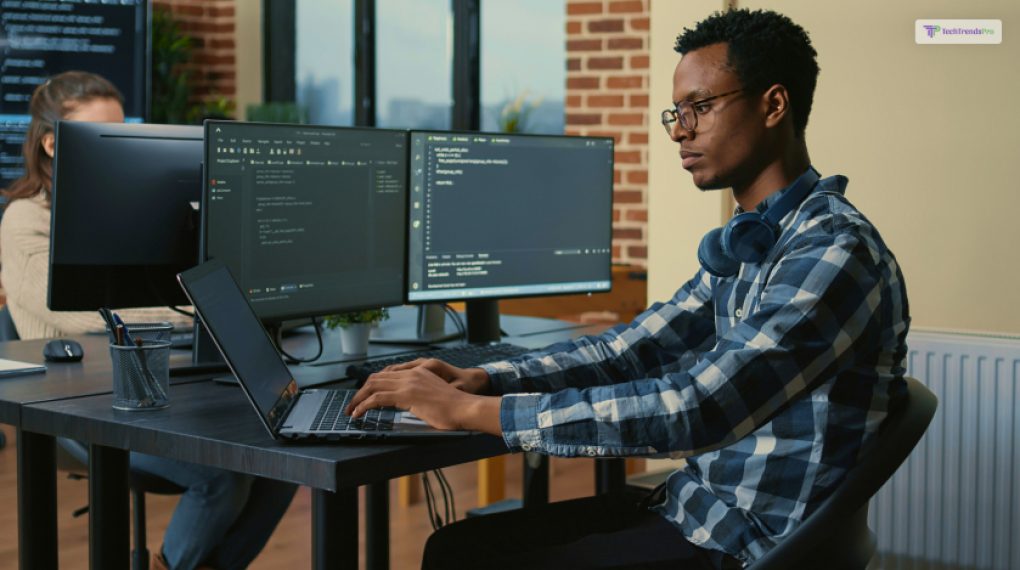
The answer is: it depends.
AI can be a threat to programmers if they do not adapt to the changing landscape of technology and skills. It can be a threat to programmers who are stuck in outdated or obsolete programming languages, frameworks, or paradigms.
AI can be a threat to programmers who are unwilling or unable to learn new things, embrace new challenges, or collaborate with others. It can be a threat to programmers who are complacent, resistant, or fearful of change.
On the other hand, AI can be an opportunity for programmers who are curious, flexible, and innovative. AI can be an opportunity for programmers who are eager to learn new skills, explore new domains, or solve new problems.
It can be an opportunity for programmers who are open-minded, collaborative, and creative. AI can be an opportunity for programmers who are willing to leverage the power of AI to enhance their own capabilities and productivity.
Therefore, AI can be a threat or an opportunity for programmers, depending on their attitude, mindset, and behavior. Programmers who are proactive, adaptive, and optimistic will have an edge over those who are reactive, rigid, and pessimistic.
When will AI Replace Programmers?
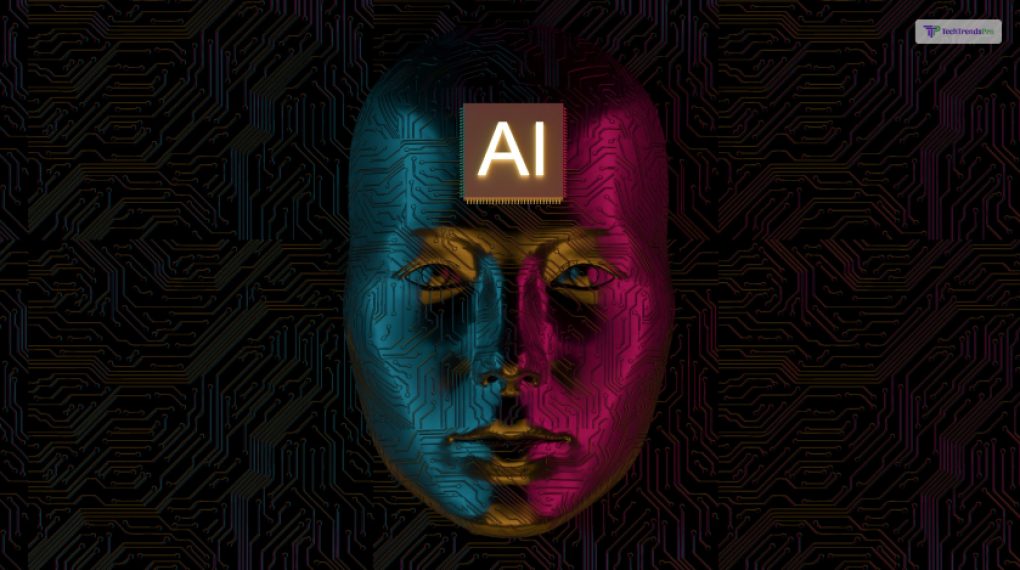
Well, not anytime soon. Programming is a complex and creative task that requires human intelligence, logic, and intuition. AI is good at performing specific and well-defined tasks, such as playing chess, recognizing faces, or translating languages.
However, it is not good at generalizing, reasoning, or inventing new solutions. AI can assist programmers by automating some aspects of coding, such as debugging, testing, or generating code snippets. But it cannot replace programmers entirely because it lacks the ability to understand the problem, the context, the user, and the goal of the program.
AI is also limited by the quality and quantity of the data it is trained on. AI learns from data, but data is not always accurate, complete, or representative of the real world. Furthermore, AI can make mistakes, biases, or errors that can have serious consequences for the program and its users.
Artificial Intelligence also needs human supervision, guidance, and feedback to improve and correct its performance. AI cannot learn on its own without human input and intervention.
Therefore, AI will not replace programmers in the foreseeable future but rather complement and augment them. AI will help programmers to code faster, better, and easier, but programmers will still be needed to design, develop, and maintain the programs.
Is AI the Future of Coding?
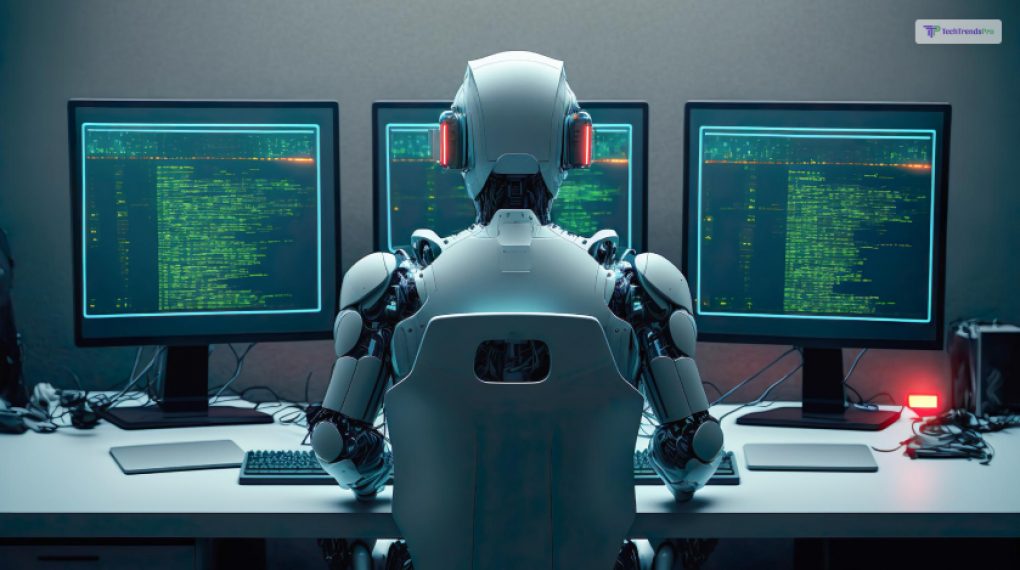
The answer is: yes and no.
Yes, AI is the future of coding, in the sense that it will change the way we code, and the tools we use to code. AI will make coding more accessible, efficient, and intelligent. It will enable us to code with natural language, voice, or gestures. AI will help us to code with fewer errors, bugs, or vulnerabilities. AI will allow us to code with more insights, recommendations, or suggestions.
But no, AI is not the future of coding in the sense that it will not replace the need for coding or the role of programmers. AI will not eliminate the need for coding because coding is the way we communicate with machines, and machines are the way we solve problems, create value, and improve lives.
AI will not replace the role of programmers because programmers are the ones who create, control, and improve AI. Programmers are the ones who define the problem, the context, the user, and the goal of the program. They are the ones who design, develop, and maintain the program.
Therefore, AI is the future of coding, but not the end of coding. AI is the future of coding, but not the replacement of programmers. AI is the future of coding, but programmers are the future of AI.
How to Prepare for the Future of AI and Programming?
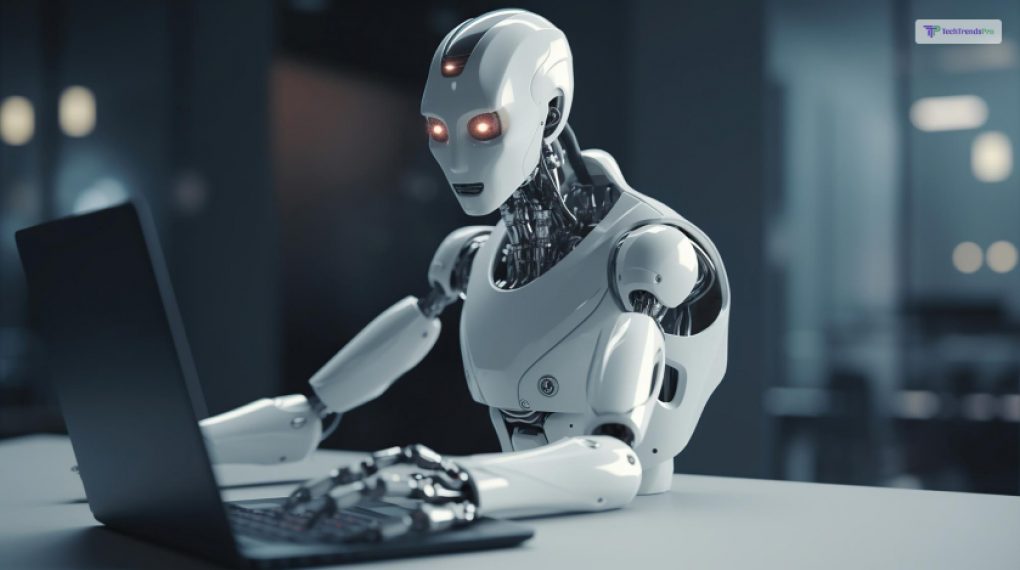
The answer is: by learning, growing, and evolving. As programmers, we need to keep up with the latest trends, technologies, and skills in AI and programming. We need to constantly learn new things, update our knowledge, and expand our horizons.
Additionally, we need to embrace the challenges, opportunities, and changes that AI brings to our profession. We need to grow our capabilities, productivity, and value as programmers.
But learning, growing, and evolving is not enough. We also need to be ethical, responsible, and human. As programmers, we need to be aware of the ethical, social, and environmental implications of our programs and the AI systems we create or use.
We need to be responsible for the quality, safety, and reliability of our programs and the AI systems we create or use. We need to be human and respect the dignity, rights, and diversity of our users and the society we serve.
Therefore, to prepare for the future of AI and programming, we need to be both competent and conscientious. We need to be both skilled and moral. We need to be both programmers and humans
What Jobs Can’t AI Replace?
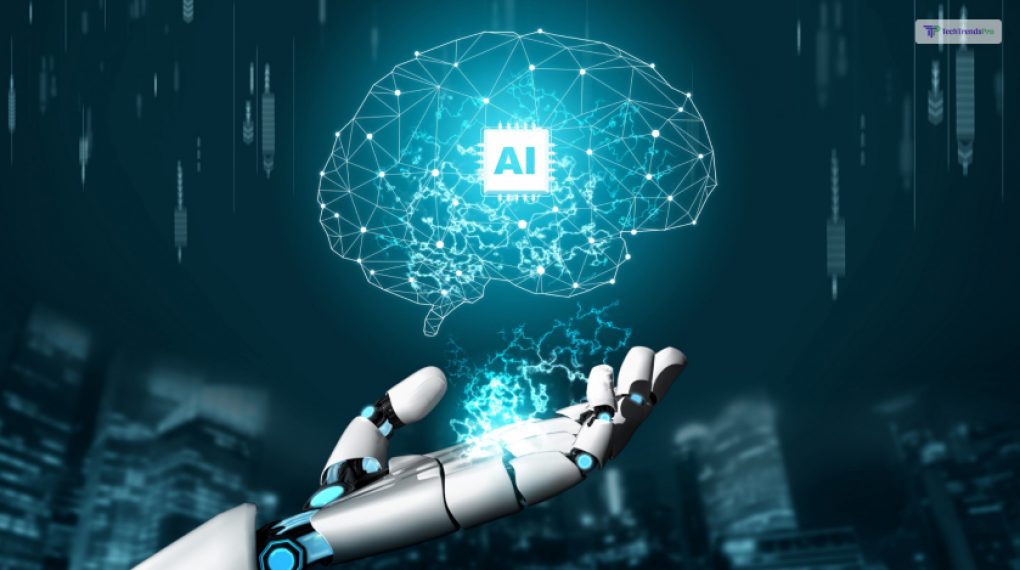
The answer is the jobs that require human skills, values, and emotions. AI can’t replace jobs that require creativity, innovation, or originality. It can’t replace jobs that require empathy, compassion, or ethics. AI can’t replace jobs that require communication, collaboration, or leadership. And above all, AI can’t replace the jobs that require intuition, judgment, or wisdom.
All these are the jobs that make us human and that make us valuable. These are the jobs that AI can’t do or can’t do well. These are the jobs that programmers should focus on and develop further. Moreover, these are the jobs that will ensure the relevance and importance of programmers in the age of AI.
The Data Behind Losing Jobs to AI!

How many people have lost their jobs to AI in the last five years? Well, there is no definitive answer to this question, as different sources may have different methods and criteria for measuring the impact of AI on job losses. However, I can provide approximate numbers and trends based on estimates from various reports and surveys.
A ResumeBuilder survey indicates that 44% of corporate executives believe AI efficiency will result in layoffs in 2024, and 37% of business leaders believe AI will replace labor in 2023. AI is already generating considerable job losses in some sectors and industries, especially those requiring routine, repetitive, or low-skill work.
According to a McKinsey estimate, between 400 million and 800 million people globally may lose their employment due to automation by 2030, and up to 375 million of them could need to change careers or acquire new skills. This shows that AI will significantly and permanently impact the labor market, necessitating that workers retrain and adjust to the shifting demands.
A Statista analysis projects that by 2022, AI will have created 2.3 million new employees globally and lost 1.8 million existing ones. This suggests that AI will create new employment and replace existing ones, particularly those that need human talents like creativity or innovation. However, the net gain of jobs may not be enough to compensate for the displacement and disruption produced by AI.
Therefore, based on these sources, we can estimate that millions of people have lost their jobs to AI in the last five years, and millions more will lose their jobs in the next few years. However, AI’s exact number and impact on job losses may vary depending on the data, methodology, and assumptions used by different researchers and analysts.
How Many Programmers Lost Their Jobs to AI?
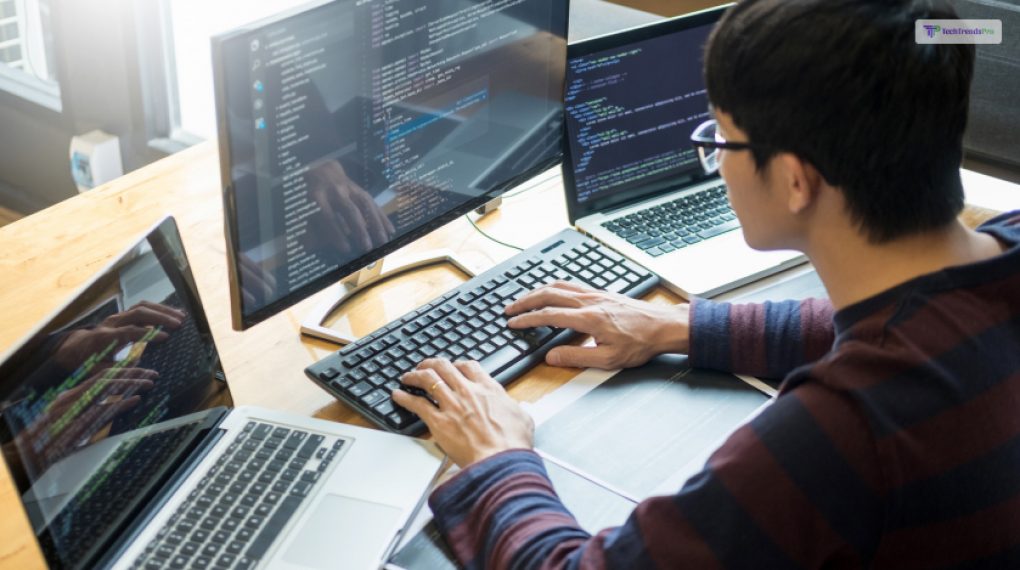
According to a report from Accenture, around 40% of all working hours could be impacted by large language models (LLMs) such as ChatGPT-4, which can perform various language tasks that are common in programming.
However, this does not mean that AI will replace human programmers entirely. Rather, AI can augment and automate some aspects of programming, such as code generation, bug detection, optimization, and natural language interfaces.
This could potentially increase the productivity and efficiency of programmers and make programming more accessible to those without traditional coding backgrounds.
The World Economic Forum’s Future of Jobs Report 2023 predicts that AI and machine learning specialists, data analysts and scientists, and digital transformation specialists are the most prominent emerging roles in programming.
It also estimates that the demand for these roles will grow rapidly by 2027 as AI becomes more integrated into various industries and sectors. Therefore, programmers who are skilled in AI and machine learning will have a competitive advantage in the job market.
However, some programming jobs may be more vulnerable to AI than others, especially those that involve routine and repetitive tasks. For example, a report from Challenger, Gray, and Christmas revealed that in May 2023, around 4,000 people working in tech lost their jobs to AI.
This suggests that some sectors and companies may be more inclined to adopt AI tools and reduce their human workforce. Therefore, programmers who want to secure their jobs in the age of AI may need to reskill and adapt to the changing needs and expectations of the industry.
How Can AI Help Programmers?
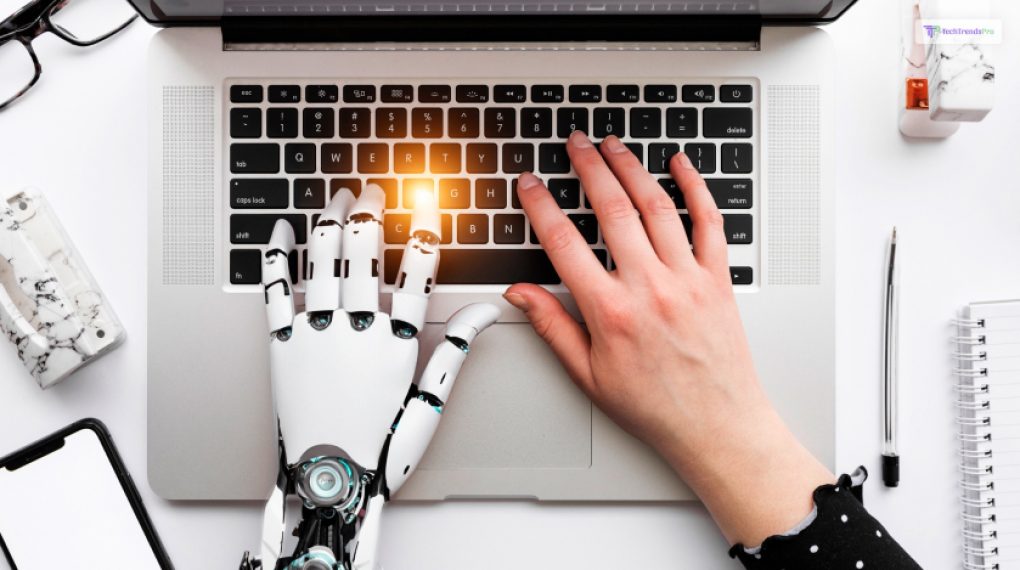
So, by now, you know that there are no dangers in AI when it comes to programming as such. AI can benefit programmers in many ways by enhancing their productivity, efficiency, creativity, and learning. It is not a threat to programmers but a partner that can augment and empower their capabilities and potential.
AI is a powerful tool that can help programmers in various ways. Some of them are as follows:
Code Generation
AI can assist programmers in writing code faster and easier by suggesting or completing code snippets, functions, or entire programs based on natural language descriptions or examples. It can also generate code for different languages, platforms, or frameworks, saving programmers time and effort. Some examples of AI code generators are GitHub Copilot, Amazon CodeWhisperer, and ChatGPT.
Code Quality
AI can help programmers improve the quality of their code by detecting and fixing errors, bugs, vulnerabilities, or performance issues. AI can also refactor, optimize, or document code, following best practices and standards.
Additionally, it can also generate test cases, code reviews, or feedback, ensuring the reliability and maintainability of the code. Some examples of AI code quality tools are CodeGuru, Codota, and DeepCode.
Code Learning
AI can help programmers learn new skills, languages, or technologies by providing personalized and interactive tutorials, exercises, or explanations. It can also assess the proficiency and progress of programmers and recommend suitable learning resources or challenges.
AI can also create a collaborative and engaging learning environment where programmers can share and learn from each other. Some examples of AI code-learning tools are Codecademy, Coursera, and CodeWhisperer.
Code Innovation
AI can help programmers create new and innovative solutions by providing inspiration, insights, or suggestions. Additionally, AI can also help programmers explore new possibilities, scenarios, or outcomes by simulating, visualizing, or analyzing data.
AI can also help programmers discover new patterns, trends, or relationships by mining, processing, or interpreting large and complex datasets. Some examples of AI code innovation tools are TensorFlow, PyTorch, and OpenAI.
Wrapping It Up!
Artificial Intelligence is a powerful and influential technology that will shape the future of programming and many other fields. AI will not replace programmers but rather assist and augment them.
AI will not eliminate the need for coding but rather change the way we code. Moreover, AI will not be the end of programming but rather the beginning of a new era of programming.
As programmers, we need to adapt to the changing landscape of technology and skills. We need to leverage the power of AI to enhance our own capabilities and productivity. We need to learn, grow, and evolve as programmers and as humans. Above all, we need to be ethical, responsible, and human in our programming and our use of AI.
Will AI replace programmers? No, but it will make them better. Will AI replace programmers? No, but they will be challenged by AI. Will AI replace coders? No, but it will redefine coding. Is AI the future of coding? Yes, but programmers are the future of AI.
Read Also:



